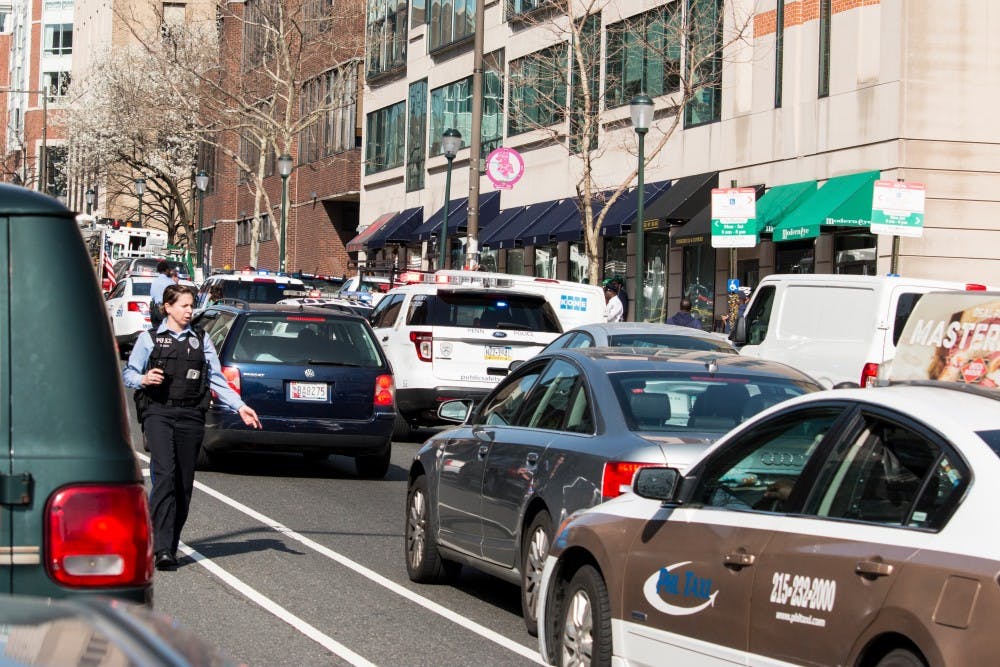Drivers passing through University City and other congestion-prone areas of Philadelphia may charged a fee within the next couple of years, 6abc Action News reported.
Philadelphia’s Office of Transportation, Infrastructure, and Sustainability is considering implementing a system that would scan the license plates of drivers entering congested neighborhoods, Director of Policy and Strategic Initiatives Chris Puchalsky told 6abc Action News.
The system would reduce traffic and raise money for public transportation, which has been facing a financial crisis, Puchalsky said.
Similar systems have already been implemented in cities around the world. Philadelphia is waiting to see how the system works in New York after implementation in 2020, 6abc Action News reported.
“We always pay attention to policies in other cities to see if they can be adapted to fit Philadelphia’s unique circumstances, and we’ll be watching NYC’s experience with congestion pricing closely to see how this can help improve equity, safety, sustainability, and mobility,” a spokesperson for Philadelphia Mayor Jim Kenney said in a statement to the New York Times.
Penn Design professor and transportation expert Megan Ryerson is skeptical of implementing the system without providing viable alternative transportation methods.
“Not all people who drive do so by choice,” Ryerson told Philadelphia Magazine. “When we think about a toll that restricts access to Philadelphia, we need to think about who is affected by that toll, and ensuring high-quality transportation can go a long way in addressing those equity issues.”
Ryerson, however, also recognized the burden of intensified traffic in the city, and thinks the idea should be considered.
RELATED:
A new Pennsylvania bill could overturn Philadelphia's ban on electric scooters
From traffic stops to shootouts, this machine simulates over 600 scenarios faced by Penn Police
“We’re trying to fit all of these different modes on these tiny little streets, and we don’t have any more capacity,” she told Philadelphia Magazine. “We’re not going to build our way out of this problem — we’re going to implement policy to change it.”









